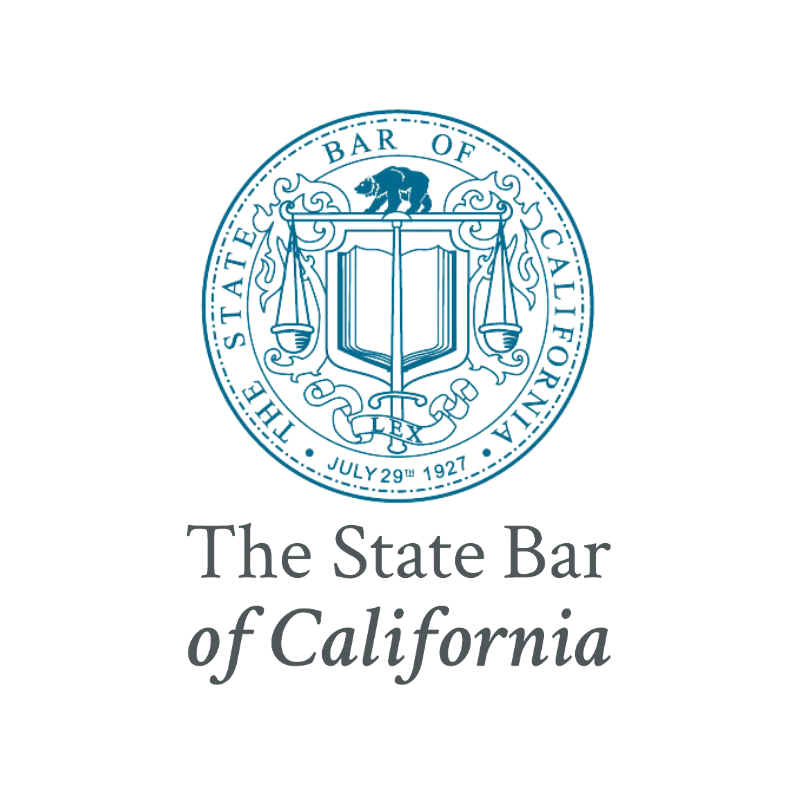Visas
Home » Immigration Services » Visas in U.S. Immigration – San Francisco Immigration Attorney

If you want to enter the United States, you most likely need a visa – an authorization document that says it’s okay to let you through a border crossing or port of entry.
For many people, the best way to get a visa is to work with a San Francisco immigration attorney who understands which visas are appropriate for every situation and who can explain the application process in detail.
Getting a Visa to Come to the United States
The U.S. offers numerous visas to people who wish to come here for tourism, work, medical treatments, family reasons and a variety of other purposes. Some of the most common visas are:
- Family based visas
- Business visas
- B-1 and B-2 visas for temporary visitors
- F-1 visas for students
- J-1 visas for exchange visitors
This guide explores them all (and then some).
Family Based Visas
One way to get a visa to enter the United States is through family ties. If you have a family member who’s a U.S. citizen or green card holder, they may be allowed to petition the U.S. government to get an immediate relative visa for you.
However, you need to know that U.S. citizens can petition for more family members than lawful permanent residents (green card holders) can.
Some visas are immediately available, while others have long waiting lists. The wait time for getting a visa through familial connections varies greatly; it could take just a few months, or it could take several years.
The length of time it takes depends on the petitioner’s immigration status (such as whether they’re a U.S. citizen or a lawful permanent resident), the relationship between the petitioner and their family member, and even what country the family member hails from.
Here are two definitions you need to know:
- Immediate relative visas are available right away. The government doesn’t put a cap on the number of these visas that it may issue in a given year. There’s no waiting list for an immediate relative visa, but you only qualify if your spouse, child or parent is a U.S. citizen.
- Family preference visas are for specific family relationships with lawful permanent residents of the U.S. and some more distant relatives of U.S. citizens, such as brothers and sisters. The government puts a cap on the number of these visas it allows each year, which means there could be a long wait between your application and your ultimate approval. That’s because after you file a petition, your application gets a place in line; you must wait for your turn to get one of these visas.
Immediate Relative Visas
Immediate relative visas are only available to the spouses, children and parents of U.S. citizens. To be specific, these are the immediate relative visa categories:
- IR1: Spouses of U.S. citizens
- IR2: Unmarried children of U.S. citizens, provided the children are under 21 years old
- IR3: Orphans adopted abroad by U.S. citizens
- IR4: Orphans to be adopted in the United States by a U.S. citizen
- IR5: Parents of U.S. citizens, provided that the citizen sponsor is at least 21 years old
Request A Consultation
Meet The Attorney
Angela D. Warren
With more than 20 years of immigration and business immigration experience, Angela Warren has helped hundreds of individuals, families and businesses.
Main Services




Get The Immigration Help You Deserve
 Family Preference Visas
Family Preference Visas
Family preference visas are for siblings of U.S. citizens, as well as the spouses and children of lawful permanent residents who have green cards. These are the family preference visa categories available:
- First preference (F1): Unmarried sons and daughters of U.S. citizens when the unmarried sons and daughters are over the age of 21
- Second Preference (F2A): Spouses and children of lawful permanent residents, provided that the children are unmarried and under 21 years old
- Second Preference (F2B): Unmarried sons and daughters of lawful permanent residents, provided that the sons and daughters are over 21 years old
- Third Preference (F3): Married sons and daughters of U.S. citizens; the sons and daughters may be any age
- Fourth Preference (F4): Brothers and sisters of U.S. citizens, but only if the U.S. citizen is 21 years old or older
Many people find it necessary to work with a San Francisco immigration attorney to get an immediate relative or family preference visa. Working with a lawyer can make the process simpler, and it means you have someone in your corner every step of the way.
Business Visas
Business visas are available to people who want to come to the United States for business purposes, such as attending business meetings or conferences, working for a U.S. employer, starting or investing in a business, or conducting official business on behalf of a foreign company.
Often, a business visa requires a sponsor; usually, this sponsor is a U.S. based company. However, there are a number of business visas that don’t require sponsorship (such as investor visas).
When a U.S. based company wants to sponsor an immigrant for a visa, it must follow strict rules and regulations – including those from U.S. Citizenship and Immigration Services and the U.S. Department of Labor. For most businesses, the best way to sponsor a worker is to go through a San Francisco immigration attorney who understands the law (and how to ensure that a company stays in compliance).
B-1 and B-2 Visas for Temporary Visits to the United States
The B-1 visa is for business visitors, while the B-2 visa is for pleasure or medical treatment.
To qualify for a B-1 visa, you must be able to show that:
- You’re coming to the United States for a legitimate business purpose (such as attending meetings or conferences, negotiating contracts, or consult with business associates)
- You have the ties to show that you’ll return home after your trip
- You have the financial resources to support yourself during your stay
To qualify for a B-2 visa, you must be able to show that:
- You’re coming to the United States for pleasure, tourism, or medical treatment
- You have the ties to show that you’ll return home after your trip
- You have the financial resources to support yourself during your stay
F-1 Visas for Students in San Francisco
If you want to come to the United States to study, you’ll need an F-1 student visa. To qualify for an F-1 visa, you must:
- Be accepted into a full-time course of study at a SEVP approved school
- Prove that you have the financial resources to support yourself during your studies
- Demonstrate that you have ties to your home country that will ensure you’ll return after you complete your studies
- When you arrive in the United States, you’ll need to go through a process called student visa interview. This is an opportunity for a consular officer to verify that you’re eligible for an F-1 visa, and to make sure that you’re not a security risk.
Converting an F-1 Visa to a Green Card
If you want to stay in the United States after you complete your studies, you’ll need to apply for a green card. The process of converting an F-1 visa to a green card is called adjustment of status. To be eligible for adjustment of status, you must:
- Have maintained your student status
- Be employed (or have a job offer) in a position that is related to your field of study
- Have an employer who is willing to sponsor you for a green card
- Or be married to a U.S. citizen or green card holder
J-1 Visas
The J-1 visa is for exchange visitors, such as scholars, students, trainees, teachers, professors, research assistants and medical interns. The J-1 visa allows you to come to the United States for a specific program or event.
To be eligible for a J-1 visa, you must:
- Be sponsored by a designated exchange visitor program
- Be accepted into a program that is approved by the U.S. Department of State
- Demonstrate that you have the financial resources to support yourself during your stay
- Have ties to your home country that will ensure you’ll return after you complete your program
J-1 visa holders are subject to the two-year home residency requirement. This means that you must return to your home country for at least two years before you’re eligible for most other U.S. visas or permanent residency.
Do You Need to Talk to a San Francisco Immigration Attorney About Getting a U.S. Visa?
If you’re planning to come to the United States, we can help. We’ll help you understand the visa process, make sure that you have all the documents and information you need to apply for a visa, and be here to answer your questions along the way. Call our office today to schedule your consultation with an experienced immigration attorney who can give you the guidance you need.
